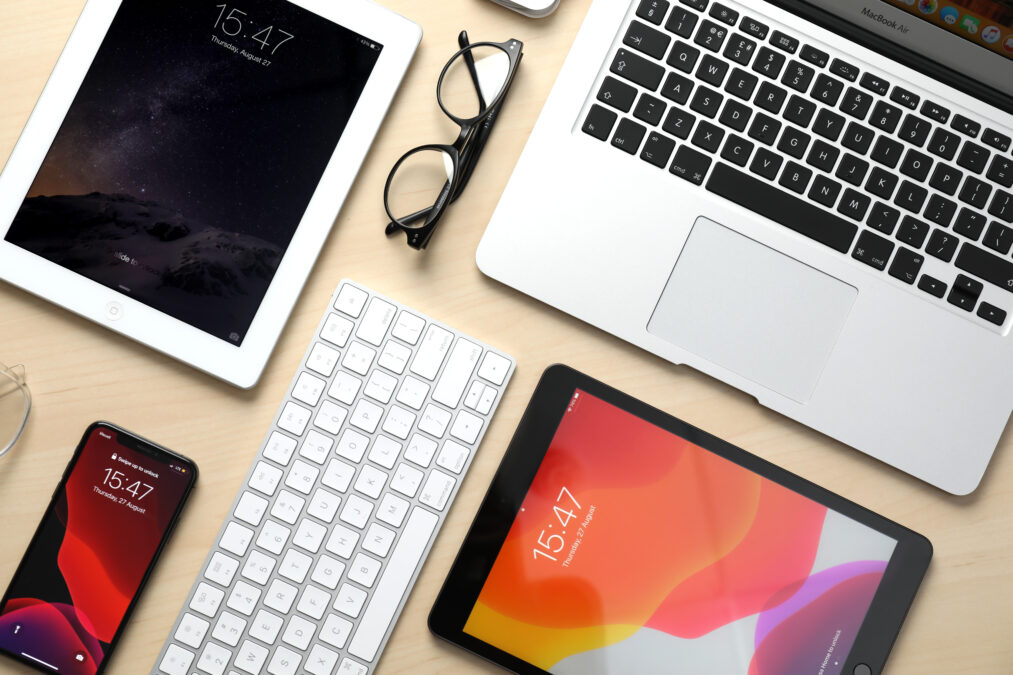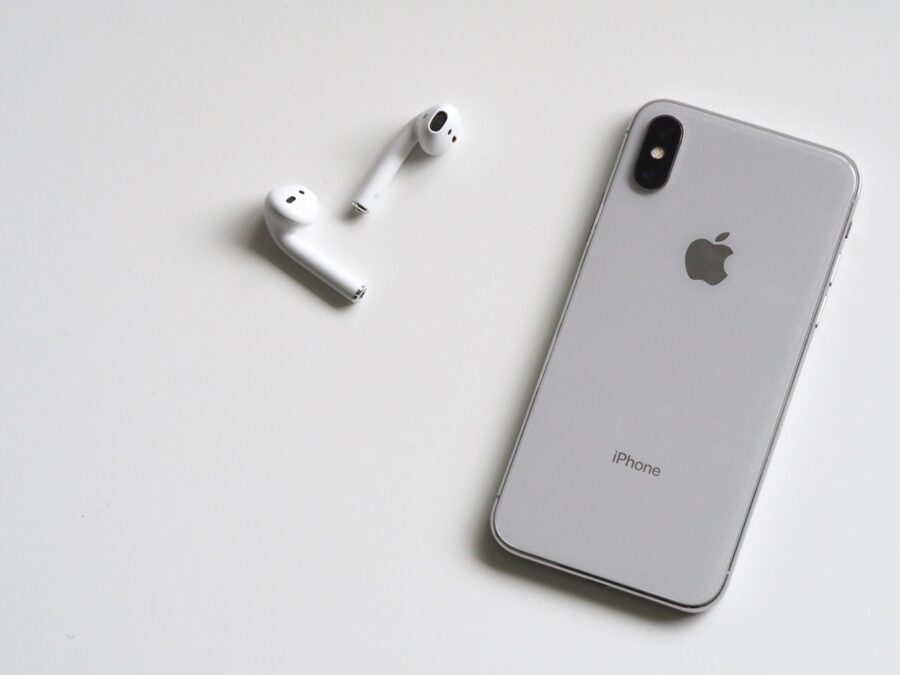The demise of the PC has been predicted by many pundits, many times over the past 10 years. Famously, in 1995 Oracle CEO Larry Ellison floated the idea that PCs would be replaced by the ‘network computer’ – a bold prediction that has been used as a stick with which to beat Ellison ever since.
Unfortunately for the naysayers, Ellison’s criticism of the PC – that having applications on the desktop creates an IT infrastructure that is complex and expensive to manage – is still valid today. And while it may have taken longer than anticipated, the dominance of the PC as the desktop device of choice may finally be coming to an end.
One senior IT director at a high street retailer told us recently about his ‘PC epiphany’, when he suddenly realised he needed to wrestle back control over the desktop. Like many businesses, his company had signed up to Microsoft’s Software Assurance programme, and was due to renew the contract. The question of whether he had got value from the deal prompted him to conduct a fine-grained review of the desktop landscape. The results shook him.
“I knew we had a problem when the HR department had the most powerful machines in the company,” he confided. And within the sprawling desktop estate, he noticed multiple licences for the same applications and plenty of unsupported software that was still installed.
His company is currently working through a strategy for controlling the desktop, but he admits the idea of server-managed PCs (where email, office and other applications are controlled centrally) or even thin-client computing is growing in its appeal.
With the increasing availability of bandwidth, the range of applications that can be delivered in this way is increasing. Other options, including the concept of blade PCs – where users retain some of the freedoms of a personal device but the blade itself is kept within the secure confines of the data centre – are also attracting attention as our lead feature, ‘A redundant device’ emphasises.
It is clear that as long as pressures to rein in costs remain, the desktop will be a target. That alone is reason enough to predict that the PC’s monopoly of the desktop is coming to an end.





